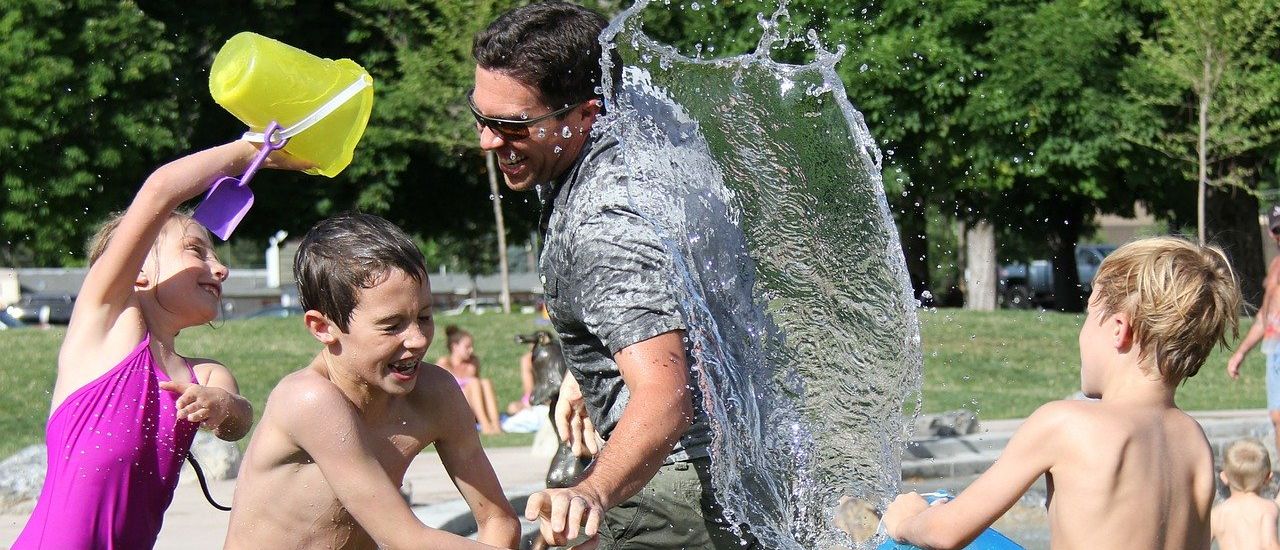Residents of the ACT have been experiencing many changes to their daily lives as the government takes steps to attempt to prevent the spread of Covid-19. We have already seen the ACT Courts and Tribunals implement strict sanitation measures. Matters are being heard via telephone and audio-visual link where possible, and the Court Registry has ceased accepting the filing of hard-copy documents where possible.
Covid-19 has also impacted the ACT Courts beyond the court processes, its insidious tendrils infecting case law as well, highlighting the potential threat facing inmates at the Alexander Machonochie Centre (AMC).
On 23 March 2020, we observed the publication of a decision of Elkaim J in the ACT Supreme Court pertaining to an application for bail (R v Stott (No 2) [2020] ACTSC 62). The application was made in circumstances where, in order to be granted bail, the applicant was required to show that there was a change of circumstances since her last application. The applicant’s last bail application was made on 31 January 2020, and she argued that her change of circumstances was the impact of Covid-19.
The applicant identified a number of concerns relating to the way Covid-19 impacted her:
- That,
while she is in prison, she is more susceptible to contracting the virus; - The
limited social activity she is able to carry out in the prison has been
curtailed; and - Delays
to court processes will cause her trial to be delayed, thereby extending her
period of remand.
Elkaim J agreed that Covid-19 has “brought about a massive change of circumstances to society and in particular the way society goes about its ordinary daily life”. With reference to the specific impact of Covid-19 on the AMC, he acknowledged the Commissioner of ACT Corrective Services’ manifest concern that, due to overcrowding at the AMC, staff and inmates will be at serious risk should Covid-19 infiltrate the prison. He also noted that the AMC’s recent ban on visitors “has a direct consequence on the social contact previously allowed to inmates”.
The applicant’s defence counsel likened the AMC to a cruise ship, implying a heightened likelihood of inmates contracting the virus. However, Elkaim J did not accept this comparison, determining that there was no evidence before him to substantiate an argument that an inmate at the AMC would be more likely than a person living in the community to contract the virus.
Ultimately, Elkaim J held that it was the curtailment of visiting rights that amounted to a change of circumstances for the applicant, noting that “contact with family is an important element in the life of a person resident at the AMC”. Because of this, Elkaim J granted bail. In doing so, Elkaim J was careful to state that “the only relevance in this matter of the Covid-19 outbreak is to whether or not there has been a change of circumstances. The balance of the bail application does not take into account the outbreak”. This is a comforting remark, as it confirms that the Court’s view thus far in relation to bail applications and Covid-19 is that the outbreak in and of itself is not a justification for the granting of bail.
We look forward to observing the Courts’ response to what will no doubt be a slew of submissions from all parties in relation to the impacts of Covid-19.









